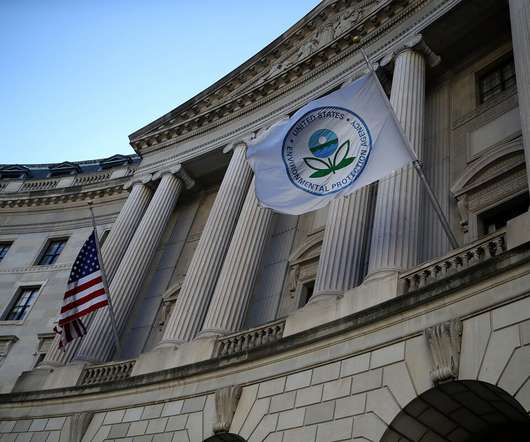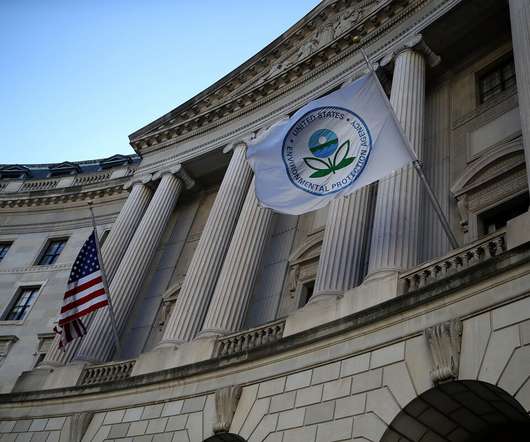New Honda Earth Dreams Technology 1.6L diesel in Civic to deliver CO2 emissions of 95 g/km
Green Car Congress
MARCH 7, 2012
Honda’s new 1.6-liter liter i-DTEC engine in the new Civic will deliver CO 2 emissions of 95 g/km, according to Honda Motor Europe’s President, Manabu Nishimae, in his presentation at the Geneva Motor Show. It will be manufactured at Honda’s UK manufacturing facility in Swindon from the end of 2012. Honda Civic 1.6












Let's personalize your content